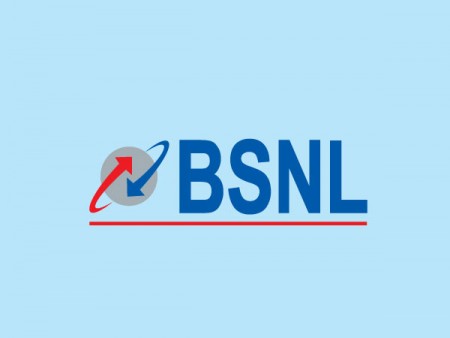BSNL FY15 operating revenue up 4.16% to Rs27,242 crore

Increase in BSNL revenue comes mainly on account of improving performance metric state-run telecommunication service provider, Bharat Sanchar Nigam Ltd (BSNL), has posted an operating revenue of Rs.27,242 crore for the financial year ended 31 March 2015, “its highest in five years”, said chairman and managing director Anupam Srivastava.
Revenue was 4.16% higher than the previous year’s Rs.26,153 crore. The increase came mainly on account of improving performance metrics. “Since 2000, the employee strength has reduced from 3.25 lakh to around 2 lakh now, mainly due to retirement. The proposed VRS (voluntary retirement scheme) hasn’t taken off as it is yet to be approved by the government,” Srivastava said.“Data is part of the key strategy for the turnaround. We missed the voice bus so now our main focus is on data,” he said.
After posting an operating loss of Rs.690.44 crore in the previous year, BSNL turned to an operating profit of Rs.672 crore in the year to March, benefiting from initiatives to manage its administrative costs, especially the employee costs.
Data makes up as much as 10% of BSNL’s mobile revenue, not including the revenues from the telco’s fixed-line broadband business. (This is half that of the private sector companies such as Bharti Airtel Ltd and Vodafone India Ltd that reported that data revenues made up around 20% of mobiles revenue.)
A key aspect of BSNL’s data drive is its plan to leverage broadband wireless access (BWA) spectrum in the 2,600MHz band that it acquired in 2010 for 4G technology-based services.
The telco is in the process of finalizing a partner to roll out 2,500 WiFi hotspots across the country (BSNL does not operate in Delhi and Mumbai) from March 2016, using the 4G technology.
BSNL has very little debt, with the debt-equity ratio coming in at 0.13. Capital expenditure for the current fiscal is expected to be about Rs.7,700 crore, more than double the Rs.3,300 crore spent last year, Srivastava said.
Apart from data investments, a large amount of capital expenditure will go towards installing new equipment in the east zone of the country, the only one of the four zones that are not profitable for it.
Other initiatives that the company has initiated to improve data sales, apart from having some of the lowest tariffs, include up gradation of broadband speeds to 2 MBps and of its legacy fixed line switching systems to IP-based switching systems. The telco has also installed as many as 25,000 towers in the last two years and plans to increase its call centers to 750 by the end of the financial year.
“Revenue from tower sharing has risen 42%,” Srivastava said, adding that once the hiving off the towers into a separate company was completed, he expects an additional Rs.2,200 crore of revenue in the next two to four years.
Two other facts that seem to have helped BSNL—an increase in its monthly net subscriber addition and a stemming of the negative MNP (mobile number portability) trend it had been facing since 2011. Since July, the telco reported positive MNP numbers – 1.57 lakh port-ins as compared to 1.24 lakh port-outs.





